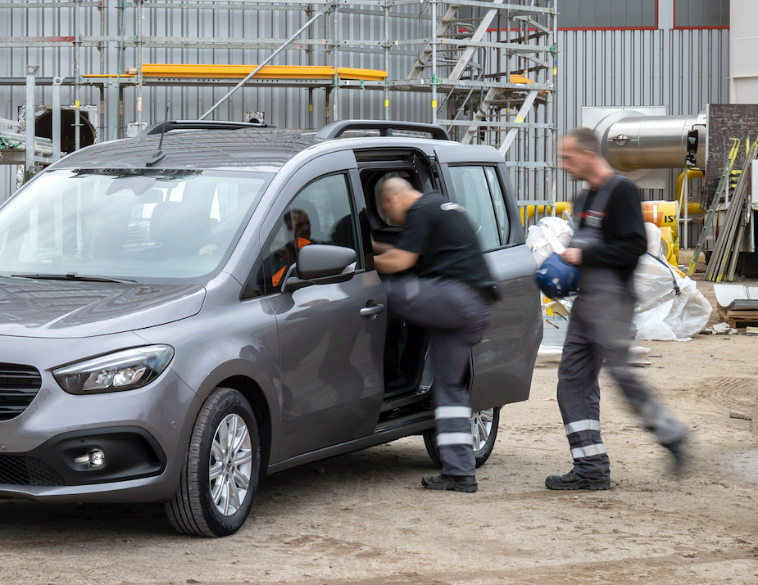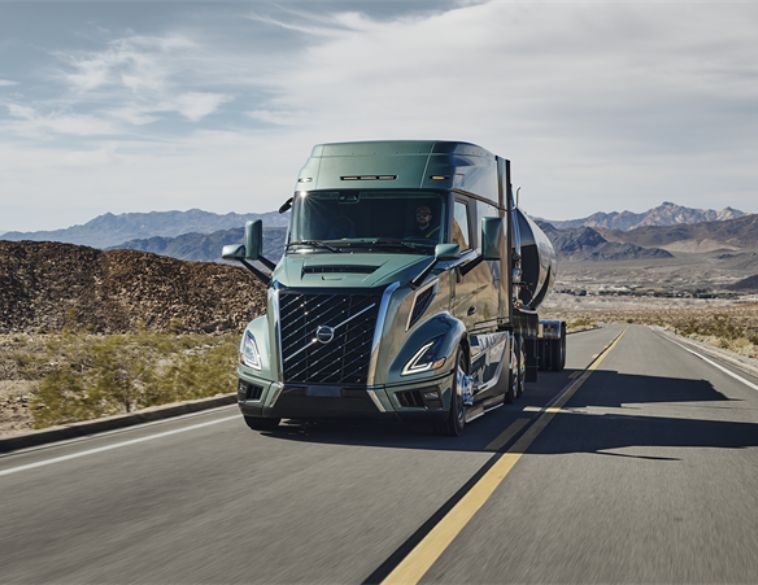Despite the fact that some employees may need to share vehicles during this pandemic, fleet managers need to do all they can to keep drivers and passengers safe.
Thanks to COVID-19, fleet managers are facing a perfect storm that can put some of their drivers at risk. Since emerging strains of the COVID virus seem to be very infectious, fleets are trying to avoid situations that would require employees to share a vehicle… but that’s not always possible to do.
For instance, in some cases, employees have access to a pool of vehicles. However, sharing these vehicles during a pandemic can be problematic. In other cases, work crews are asked to share a truck that gets them to a specific job site. This too, is a problem with a highly infectious virus spreading across the globe.
In a perfect world, the answer might be to put more vehicles on the road so that sharing of vehicles isn’t necessary. However, the global chip shortage, coupled with supply chain issues makes the acquisition of new vehicles virtually impossible for now.
That said, fleets still need to concern themselves with the welfare of their drivers and other staff members. Asking employees to share vehicles or to carpool exposes them to health risks, while exposing the organization to potential liability and added costs.
“I’m not the lawyer,” admits Wayne Rose, Senior VP Sales Fleet Services at Jim Pattison Lease, “so I won’t offer a legal opinion. But we all share a moral responsibility to make sure our employees are as safe as possible.”
How to do so is the question fleet managers need to find an answer to. While some fleets have invested in plastic dividers to keep the driver and each passenger apart while sharing a vehicle, that may or may not be enough, depending on how virulent a strain of COVID might be.
Rose suggests building on any such physical barriers by implementing policies that will keep staff as safe as possible, and practical, in our ever-changing world. “At a mere minimum,” he explains, “I would recommend that anyone who shares a vehicle be fully vaccinated and that they wear a mask, because they’re all breathing the same air.”
Setting expectations
As a general rule, Rose says that when he travels in a vehicle with someone who is not part of his family, everyone wears a mask in order to keep everyone safe.
“But in a work situation,” he adds, “if you’re working in the oil patch, for example, and you have a crew of four or five guys in an extended cab pickup going to a job site that’s hours away, that can be a problem. It may be the middle of the winter, so they probably won’t keep their windows open, and they may even decide to take their masks off.”
While a company policy about mask wearing would help, Rose admits that sometimes fleet managers can’t control everything that goes on in a vehicle. “From a company perspective, you can only recommend they wear a mask, because you’re not in the vehicle to enforce that policy. But I think from a moral responsibility perspective, at least you’ve put the rules in-place and you’ve outlined how you expect them to behave.”
Bigger picture
Tracy Decker, Manager, Risk Partners – Holman Insurance encourages fleet managers to look at the bigger picture. Keeping drivers safe is about more than legal issues or a moral responsibility. In fact, there are many hard and soft costs to consider. “If an employee gets sick, it’s going to cost the company,” she explains. “They’re going to be away from work, and they’re going to have medical claims.”
Besides a potential vaccination policy, mask mandate, or a COVID-19 testing policy, Decker recommends putting in place cleaning protocols so that vehicles are properly sanitized each time a driver drops a vehicle off, and before the next driver picks it up.
Surprisingly, anecdotal evidence suggests that many fleets haven’t put in place specific policies to deal with some of the challenges outlined above. “We see a lot of clients’ policies, and it’s interesting that there haven’t been a lot of changes in policies since pre-COVID times,” explains Rich Radi, Director, Product Management, ARI. “While COVID protocols are certainly top-of-mind for most organizations, there haven’t been a lot of changes in safety or fleet policies, as they relate to COVID specifically.”
Radi adds that policies might evolve as we head into 2022, especially as the impact of the pandemic continues to linger.
The bottom line is that this pandemic is a moving target and keeping up with all the changes and challenges can be a daunting task for fleet managers and their organizations. As the risk scenario continues to evolve, fleet professionals need to stay on top of potential issues in order to keep employees as safe as is reasonably possible.



